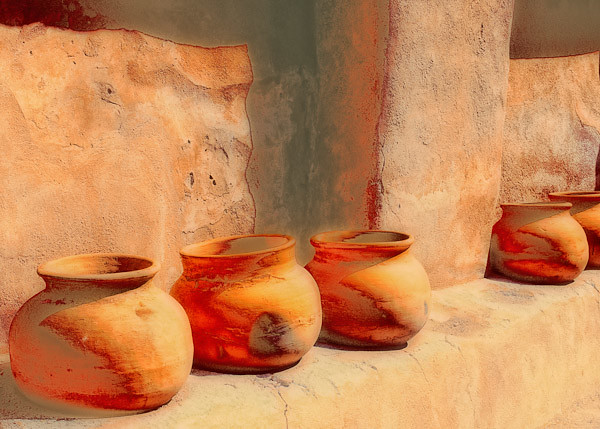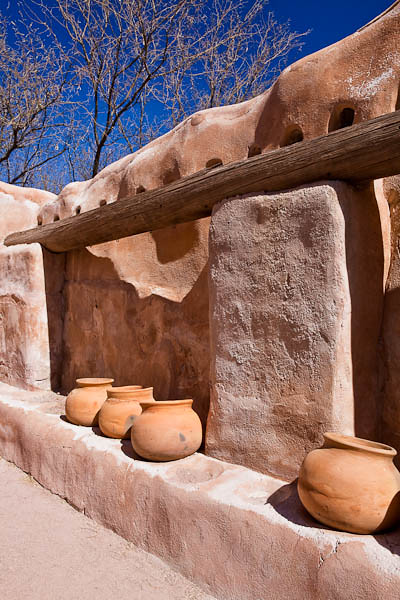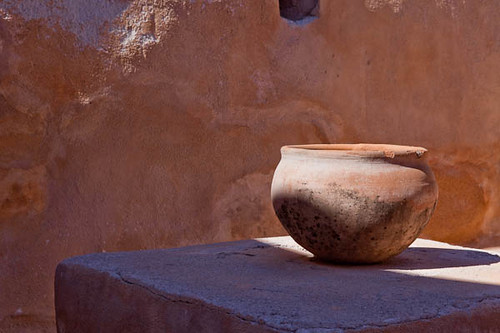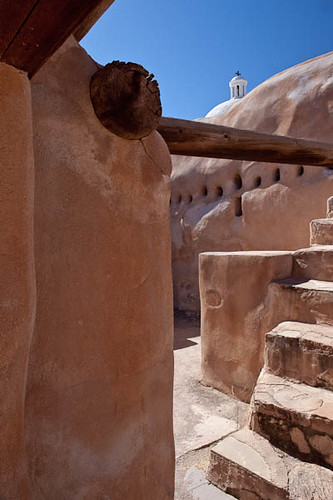In ancient times wise men and women fled out into the desert to find a place where they could be fully present to their inner struggles at work within them. The desert became a place to enter into the refiner’s fire and be stripped down to one’s holy essence. The desert was a threshold place where one emerged different than when one entered. ~ Christine Valters Painter
Last year I traveled to Tucson, urban civility at the edge of the Sonora Desert, and ventured into the wild spaces, a bit at a time, a few steps from my safe haven. I had many goals, and I achieved many of them, but they were more a to-do list of photography related exercises, learning the routines of running a fledgling business, and practicing the ins and outs of living on my own.
I considered my first solo experience in Arizona a successful venture, but now I’m in a different place than I was in early 2011. I have new plans, new goals, new business ideas I want to put into practice. And I have a totally different agenda, too. I want to take specific steps to assess what I am doing, who I am, and who I want to be as I approach a transitional time in my life.
I will be going to Arizona in a few days. I will be asking questions, and hopefully discovering many answers and possibilities and options. When I come back to the Midwest in three months, I hope to have symbolically filled at least a few of the empty containers I am bringing along.
I’ll be working on this part of my journey – my desert days – and writing about my discoveries on my Seeded Earth blog. Maybe the seeds I planted last year will sprout, maybe even bloom, with the care I bestow on them this year.
I love the above photo. I photographed the original in March of 2011.
The photo reminds me of many things. First, these are containers for necessities. This pottery were photographed in the ruins of a granary at the Tucumcacari Mission in southern Arizona. Several hundred years ago, clay pots like these were filled with the autumn harvest and stored in the granary. The mission inhabitants relied on their stores of grains and other foods to sustain them through the winter months.
The photo reminds me of the simple things in life. Since I now have a place of my own in the Tucson area, I’ve made a commitment to maintain a minimalist approach while living there. It is a small place, so I am making some no cluttering ground rules from the very beginning.
And finally the photo reminds me of change and the need to keep an open mind. When I re-discovered photography five years ago, I had never used a digital camera. My first camera with interchangeable lenses was a Pentax K-1000, a film camera. I knew film. I knew how to develop photos in a darkroom. I knew nothing about digital photography.
But photography is an amazing art medium because there are so many levels of expertise and so many options. There is never only one way to take a particular photograph. One can take good photos with the simplest of cameras and with a minimum amount of practice. But add reading about new things, trying new techniques, exploring the advancing technologies of photography software, and shooting thousands of photographs a year, and then the opportunities become inexhaustible.
When I first began taking digital photographs, I thought I would never use Photoshop — partly because I didn’t have access to a Photoshop program and partly because I had no idea how to use Photoshop. Anyway, I was busy enough learning the basics. It was actually a good move, though I didn’t realize why at the time.
The first year I went digital, I shot my photos, then posted them straight out of the camera (SOOC). Gradually I learned how to adjust the simplest components – color, contrast, sharpening, cropping. Finally I bought Adobe Lightroom and Photoshop Elements (the easy Photoshop) and began to explore the mysteries of post-processing.
And now?
Now I’ve discovered the amazing world of seeing a subject, taking photographs, and then bringing the files back to my computer where I manipulate them — without rules or limitations — until I again see what it was I originally saw. I explore the idea that what I see is unique and worthy of creation.
I’ve opened up a new world of digital photography and I’m learning anew by study and practice, practice, practice…while having a great deal of FUN!
———————-
Bo Mackison is a photographer and owner of Seeded Earth Studio LLC. In a couple of days, she will cross the threshold and begin her desert experience.










